Health & Medicine
-
 Genetics
GeneticsAirborne MERS virus found in Saudi Arabian camel barn
The air in a Saudi Arabian camel barn holds genetic fragments of MERS, a new study shows.
-
 Genetics
GeneticsHints about schizophrenia emerge from genetic study
From thousands of genomes, researchers pinpoint dozens of DNA changes that may underlie schizophrenia
-
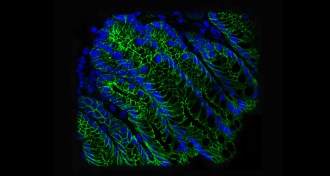 Health & Medicine
Health & MedicineCarbs and gut microbes fuel colon cancer
Western nations experience high levels of colon cancer, and carbo-loading gut microbes might explain why, says a new study in mice.
By Nsikan Akpan -
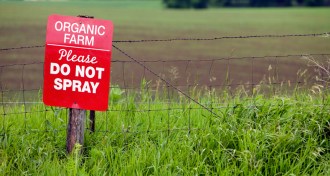 Health & Medicine
Health & MedicineOrganic foods may contain extra antioxidants
Contrary to previous studies, a new analysis finds that organic crops have nutritional benefits over conventionally grown foods.
By Beth Mole -
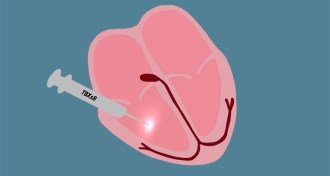 Health & Medicine
Health & MedicinePig heartbeats adjusted with gene therapy
A biological pacemaker created with gene therapy could may one day help people who cannot have implanted electrical pacemakers.
-
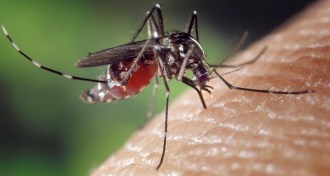 Health & Medicine
Health & MedicineFirst case of chikungunya, a mosquito-borne virus, acquired in U.S.
The case represents the first time that mosquitoes on the U.S. mainland have passed the virus to a person.
-
 Life
LifePregnancy disorder shares aspects with Alzheimer’s
Misfolded proteins, the hallmark of Alzheimer’s and mad cow diseases, are found in urine of women with preeclampsia.
-
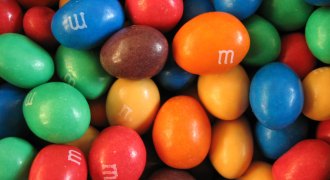 Neuroscience
NeuroscienceObese women struggle to learn food associations
In a lab experiment, women fail to connect color signal with tasty reward, a deficit that may contribute to obesity.
-
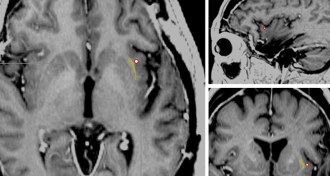 Neuroscience
NeuroscienceElectrode turns consciousness on and off
Woman lost awareness, though appeared awake, when her brain was stimulated near an area called the claustrum.
-
 Neuroscience
NeuroscienceHeavy marijuana use may affect dopamine response
People who regularly smoke five joints a day had dampened reactions to the chemical messenger dopamine.
-
 Health & Medicine
Health & MedicineHIV reemerges in ‘cured’ child
The discovery spotlights limits in detecting the clandestine germ and raises questions about whether HIV can ever truly be cured.
By Nsikan Akpan -
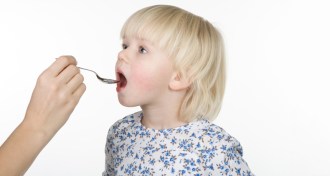 Health & Medicine
Health & MedicineGiving kids a spoonful of medicine: not what the doctor ordered
It’s frustratingly easy to give your kid the wrong dose of medicine.